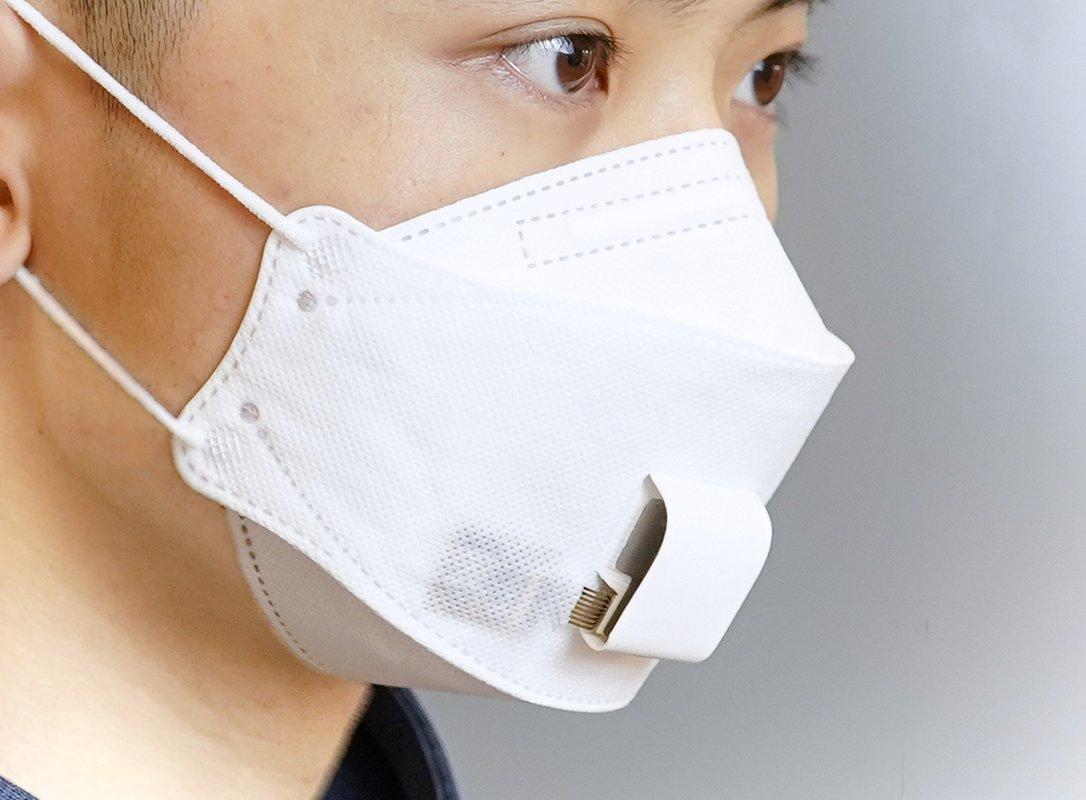Researchers have demonstrated breath tests using nanosensors capable of detecting emissions of volatile organic compounds caused by certain cancers. These results could allow the development of reliable and non-invasive tests to more easily diagnose the disease.
The researchers explain their results by the fact that tumor growth is accompanied by a change in proteins, which usually leads to peroxidation of certain cell membranes and, consequently, to emissions of volatile organic compounds (VOCs).
The breath tests by nanosensors highlighted by the researchers make it possible to distinguish the volatile organic compounds of healthy subjects from those resulting from cancerous states. The researchers also showed that cancers had a unique pattern of VOCs emitted by cancer cells compared to so-called “healthy” states.
“Our work could lead to the development of a new inexpensive, easy-to-use, portable and non-invasive tool that would overcome the shortcomings associated with current methods of diagnosing cancer,” explain the lead authors of the study.
This study was conducted on 177 volunteer patients with lung, colon, breast, or prostate cancer and healthy patients aged 20 to 75 years. The breath of the patients was collected before any cancer treatment.


















